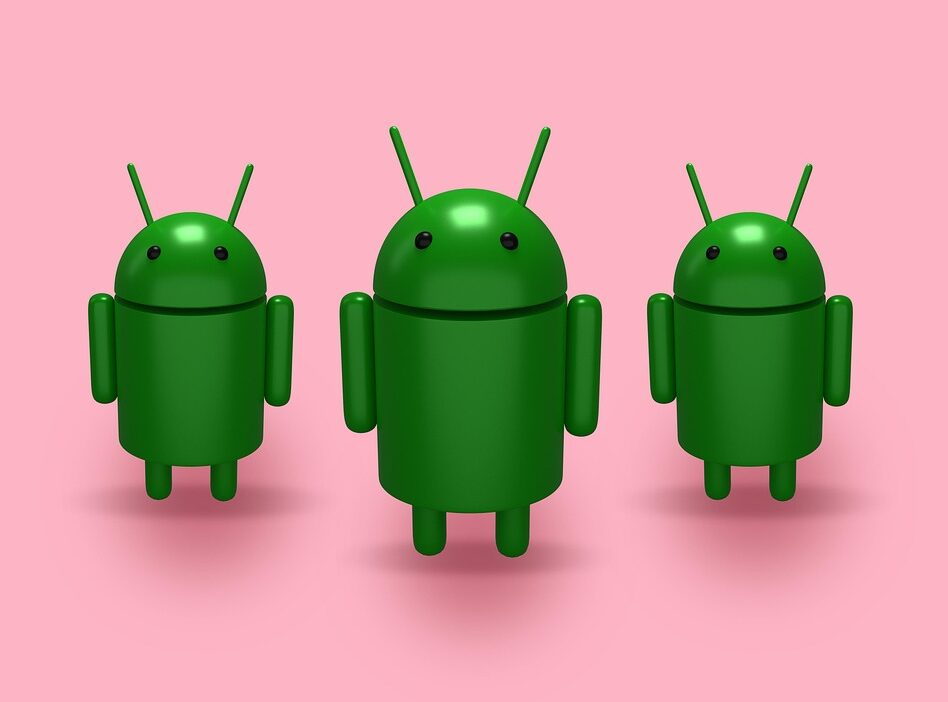In the past two decades, mobile operating systems (OS) have transformed from mere technical frameworks to essential components of daily life. As smartphones and tablets become ubiquitous, operating systems like Android and iOS have not only enhanced communication but also reshaped how we access information, manage tasks, and engage with the world around us. This article explores the rise of mobile operating systems and their significant impact on our daily lives.
The Evolution of Mobile Operating Systems
The first mobile operating systems were rudimentary, primarily designed for basic functions like calling and texting. However, the launch of the Apple iPhone in 2007 marked a significant turning point. iOS introduced a user-friendly interface and the concept of apps, catapulting mobile operating systems into the spotlight. Following Apple’s lead, Google launched Android, which quickly gained traction due to its open-source nature and extensive customization options.
Today, almost 90% of smartphones run on either iOS or Android, leading to fierce competition that drives innovation. The continuous evolution of these platforms, along with the surge of new entrants, has promoted rapid advancements in features and functionality, tailored experiences, and increased security measures.
Enhancing Communication
Mobile operating systems have revolutionized communication. Instant messaging apps like WhatsApp, Telegram, and Facebook Messenger allow users to connect in real time, irrespective of geographical barriers. Voice and video calling features, once reserved for computers, are now accessible through smartphones, enabling face-to-face conversations regardless of distance. The integration of social media apps into mobile OS has also fostered real-time sharing and engagement, altering how information is disseminated and consumed.
Accessing Information
The rise of mobile operating systems has democratized access to information. With a few taps, users can access a wealth of knowledge—from educational content to breaking news. Mobile operating systems support a plethora of applications that cater to various interests, allowing users to explore everything from health and fitness to travel and finance. The ability to browse the internet and receive real-time updates has made information accessible on an unprecedented scale, enriching our lives and facilitating informed decision-making.
Productivity on the Go
Mobile operating systems have redefined productivity. Online collaboration tools and cloud-based applications enable users to work remotely, manage schedules, and synchronize tasks seamlessly across devices. Platforms like Microsoft Office, Google Workspace, and project management apps like Trello or Asana empower users to stay organized and connected, no matter where they are. This flexibility has resulted in an increasingly mobile workforce, changing traditional notions of work-life balance.
Entertainment and Leisure
Mobile operating systems have also transformed entertainment. Streaming platforms like Netflix, Spotify, and YouTube provide users with immediate access to a vast array of content. Mobile gaming has surged in popularity, with millions turning to their devices for immersive experiences. The ability to use augmented reality (AR) applications, such as Pokémon GO, has further enhanced how we interact with entertainment in real-world settings. These platforms not only serve as entertainment sources but also create social experiences, allowing users to connect with friends and common interests.
Health and Wellness
The integration of health-focused applications in mobile operating systems has had a profound impact on wellness. From fitness tracking apps to mental health resources, users are now empowered to monitor their physical and mental well-being. Mobile OS like iOS and Android have health data integration features, allowing users to centralize their health information, track progress, and even communicate with healthcare providers.
Security and Privacy Challenges
While mobile operating systems have brought numerous benefits, they are not without challenges. Security and privacy concerns have become paramount, as cyber threats evolve and data breaches become more commonplace. Both Android and iOS continually enhance security protocols and introduce built-in features to protect users, yet the responsibility also falls on individuals to remain vigilant about their digital privacy.
Conclusion
The rise of mobile operating systems has fundamentally changed the way we live, work, and interact with the world. From making communication instantaneous to democratizing information access, enhancing productivity, and providing endless entertainment options, these platforms have ingrained themselves into the fabric of our daily lives. As technology continues to advance, we can expect mobile operating systems to evolve further, shaping our future in ways yet to be imagined. The journey of transformation is ongoing, and our relationship with these tools will only deepen as we adapt to an increasingly digital world.



